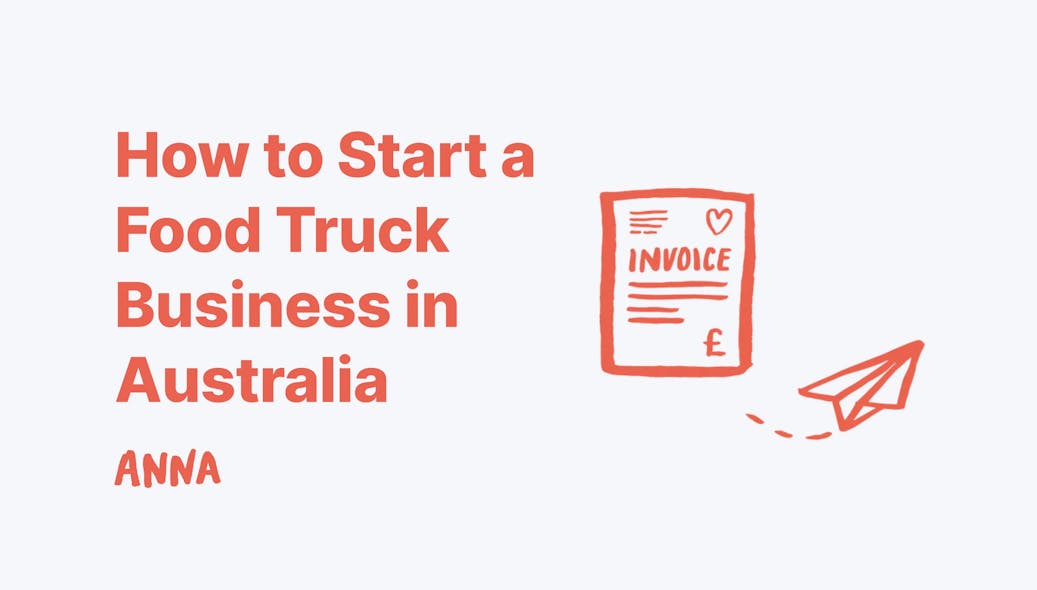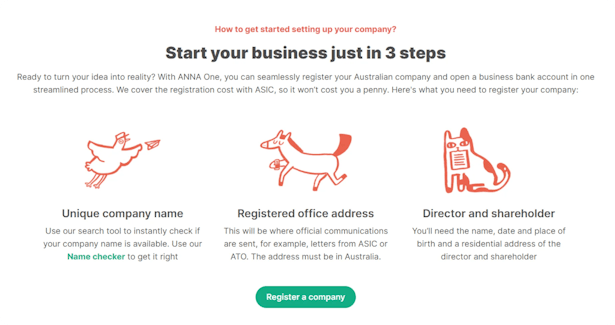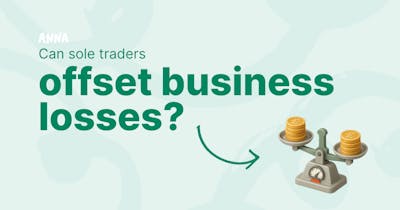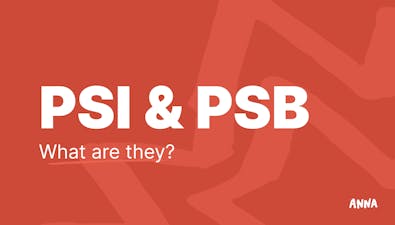
How to Start a Food Truck Business in Australia


Learn how to start a food truck business in Australia, including licensing requirements, setup steps, and tips to run a successful mobile venture.

Food trucks have a unique charm that goes beyond financial benefits - you're outside, meeting new people, chasing sunshine, and doing what you enjoy.
If you've ever wanted to go to a festival or a seaside market and, instead of spending money, earn some cash, you can do so with this business.
However, it is not just about entertainment and food service. Behind the scenes, there is a long range of licenses, registrations, equipment, and safety regulations to follow before you can begin serving your first meal.
We will walk you through the process step by step.
From selecting a menu that fits in a small location to obtaining the necessary permissions and starting your food truck business much easily!
What Are The Benefits of Owning a Food Truck Business in Australia?
Let’s take a look at the advantages of the food truck business!
✅ Event-Driven Revenue - You can work at festivals, markets, and private events to increase exposure and earnings.
✅ Location Adaptability - You can work on high-traffic regions, such as office centres and beaches, or seasonal demand and chase locations if you want.
✅ Menu Experimentation - Try different foods without a long-term commitment.
✅ Local Partnerships - Work with breweries, farmers' markets, and event organisers to secure consistent bookings.
✅ Rural Impact - Serve underserved communities in villages and develop community connections.
✅ Seasonal Control - Change operating hours according to weather or personal commitments.
How to Start a Food Truck Business?
Here are steps to help you start a food truck business in Australia!
Step 1: Decide on a Menu and Pricing Strategy
When it comes to the menu, you have to make sure that it is creative, practical and attractive. Research what other food truck business owners in the city offer and try to stick to this:
👉 Focus on a Niche - Select a unique concept that distinguishes your food truck, such as fusion cuisine, vegan options, or regional specialities. Investigate the local market to discover gaps or under-represented cuisines.
👉 Keep It Simple - Due to limited room and equipment, provide a short menu of high-quality products that are simple to make and serve promptly.
👉 Cater To Your Audience - Understand your target clients' preferences, dietary requirements (e.g., gluten-free, vegetarian), and eating patterns. Adjust your menu accordingly.
👉 Test Recipes - Make sure your recipes can be consistently prepared in the limited space of a food truck and are suitable for takeout consumption.
👉 Quick Preparation - Design your menu around things that can be pre-prepared or cooked quickly to reduce client wait times.
Regarding pricing, of course, it is important that it is competitive, but it is much more important that it is profitable. Here are some tips:
👉 Calculate Costs - Calculate costs by including raw ingredient costs, packaging, labour, and overheads (such as fuel and permits). Aim for a 30-50% profit margin for each item.
👉 Value Perception - Position premium items (such as gluten-free or gourmet selections) at higher prices to indicate their enhanced value.
👉 Bundle Deals - Offer combo meals or discounts on several purchases to increase sales volume.
Step 2: Register Your Business To Obtain ABN
In order to register your food truck business, you need to:
- Decide on the business structure and if you will operate as a sole trader, partnership, or company.
- Obtain ABN
- Register a business name with ASIC
Here is how to apply for an ABN:
✅ Check Eligibility - You must operate a business or enterprise in Australia (including non-residents)
✅ Provide the Following Information:
- Business structure (single trader, partnership, corporation, trust).
- Proof of identity (personal information for single traders; company/trust documentation for businesses).
- Describe your business activity (for example, mobile food services).
- Associates' information (partners, directors, and trustees).
✅ Apply Online:
Method 1 - Use the Business Registration Service (free) on the Australian Government website.
Method 2 - Apply using myGovID (if it is linked to your ATO profile) for faster processing.
✅ Submit The Form - Check the ABN application status and see if you got instant approval or it needs manual review (up to 20 business days if verification is required).
Here is how to register a business name with ASIC:
✅ Check if the name you want to use is available
✅ Visit the ASIC site and log in to ASIC Connect and pick the 'Licences and Registrations' tab.
✅ Select 'Business name' from the drop-down box and enter your Australian Business Number (ABN).
✅ Enter your business name and choose if you want to register it for 1 or 3 years.
✅ Enter the business name holder's information and the business name's address.
Keep in mind that you can't hold a business name if you are disqualified or convicted of the criminal charges mentioned in the Business Names Registration Act 2011.
💡 ProTip
If you decide on a company business structure, with ANNA Money, you can register a company in 3 easy steps, check name availability, and get an ABN!
On the first page, you will see a tool in which you can type the name you want and, in a few seconds, know whether it is registered or not. If it's free, you can continue and register your business for a $288 one-off fee!

3. Get Food Business Licenses
For a food truck business in Australia, you will need a lot of licenses. Here's what they are and how to apply.
1. Food Safety Requirements
All food businesses must appoint a certified FSS to manage food safety procedures.
Nationally, the standard training is the SITSS00069 - Food Safety Supervision Skill Set, which includes two modules.
👉 SITXFSA005: Hygienic Practices for Food Safety at Home.
👉 SITXFSA006: Participate in safe food-handling procedures.
In addition to the units listed above, NSW needs training in specific major focus areas:
👉 Allergen management
👉 Cleaning and sanitising methods
👉 Safe egg handling
After successfully completing the training, you will obtain a Statement of Attainment from a Registered Training Organisation (RTO) that confirms your competency in the required units. FSS accreditation is valid for 5 years throughout Australia. After this period, you must renew it by taking a refresher course or retaking the training.
2. Local Council Registration
✅ Determine Your "Home" Council's Garage Location - Register with the council where your food truck is parked/garaged. There are state differences:
- WA: Register with the local government where the vehicle is located (e.g., Perth City Council).
- VIC: Notify trading locations via Streatrader after home council registration.
✅ Prepare the Required Documents:
- ABN and business name certificates are required.
- Vehicle information includes registration, layout blueprints, and images of the truck's kitchen and storage area.
- Food Safety Supervisor certification (e.g., HACCP training).
- Food Safety Program Waste Management Plan.
✅ Submit Application Online or In Person: Most councils accept applications through their websites.
Keep in mind that councils may inspect your truck's:
👉 Stainless steel cooking surfaces.
👉 Commercial-grade refrigerators and sinks.
👉 Fire safety equipment (such as a fire blanket).
3. Vehicle and Parking Permits
You will need:
✅ Vehicle Registration - Ensure your truck complies with state road authority standards (e.g., weight limitations, safety features). Register a commercial vehicle with your state's transportation authority.
✅ Parking Permit - Contact the council(s) in which you intend to operate. Provide vehicle registration information, operations plans, and proof of insurance.
✅ Street Trading Permits - Submit an online application through the council's site. Include truck plans, food safety certifications, and public liability insurance.
Tips for Setting Up Your Food Truck
Here are additional tips that can help you set up your food truck more efficiently:
1. Choose Wisely Cooking Equipment
Choose commercial-grade appliances designed for maximum performance and durability in small spaces. Depending on the menu, these may include:
✔️ Griddles, fryers, or stovetops – gas or electric.
✔️ Ovens and convection microwaves.
✔️ Chargrills or barbecue plates.
Also, make sure your cooking setup is:
✔️ Compliant with gas and electrical safety regulations.
✔️ Simple to clean and maintain.
✔️ Proper ventilation reduces heat and smoke inside the truck.
2. Maintain Safe Food Temperatures
The Food Standards Code requires that food temperatures are at a safe level. Your vehicle should contain:
✔️ Refrigerators and freezers (business grade, not residential).
✔️ Thermometers to check interior temperature.
✔️ Insulated containers for storing hot and cold food during service.
3. Pay Attention To Your Service Area
Design your serving window and prep area for quick, safe service:
✔️ A fold-out or sliding window with a service shelf.
✔️ A touch-free handwashing station is nearby.
✔️ Food-grade preparation surfaces
✔️ Organised storage for utensils, napkins, takeaway containers, and condiments.
Conclusion
You've realised that running a food truck is more than just preparing wonderful meals.
There are numerous licenses and laws that you must comply with.
Even though it can be difficult, it is a great opportunity to create something uniquely yours.
If you want to travel the country, introduce new cuisines to your town, or simply escape the 9-to-5 job, your food truck business can give you that.
But let's be honest, the paperwork isn't so fun.
That's where tools like ANNA Money can help you!
How ANNA Money Can Help You Start a Food Truck Business in Australia?
ANNA Money is an all-in-one business tool. The focus of this tool is to make it easier for you to open a company, and it helps you with everything you need to do to be compliant with all laws while you develop your business. Let's see how it can help you!
⚡ Business Account - Open a business account and receive a debit card, virtual cards, Apple Pay, Google Pay, and employee expense cards. Easily check your balance and handle all of your payments.
⚡ Receipt Matching - Automated receipt matching and spending classification to ensure you gain the proper tax relief.
⚡ Personalised Tax Calendar - Never miss another tax date and ensure timely compliance with all of your tax requirements.
⚡ Support from Tax Experts - Get support from our team when you need it.
⚡ Bookkeeping Score - Stay on top of your bookkeeping while getting simple tips to keep your books neat.
⚡ Annual Accounts and Company Tax Return - File your annual accounts with ASIC and your company tax returns with the ATO straight through ANNA.
⚡ Business Documents - Save all your documents in one place.
FAQ
Do I Need to Register for GST as a Food Truck Business Owner?
You must register for GST if any of the following conditions apply:
- Annual GST turnover of $75,000 or more includes all business income (before tax) from food sales, catering, or events.
- Claiming gasoline tax credits is required if you want to claim credits for fuel consumed in your truck.
You can voluntarily register for GST even with a turnover of less than $75,000 to:
- Claim GST credits for business expenses (such as ingredients, equipment, and fuel).
- Prepare for growth if you're reaching the $75,000 level.
Do I need TFN?
It depends on your business structure:
Sole Trader - Use your personal TFN for tax purposes.
Company/Partnership/Trust - Apply for a separate business TFN through the Australian Business Register (ABR).
Do I Need ACN?
You don't need an Australian Company Number (ACN) unless you register your food truck business as a company.






